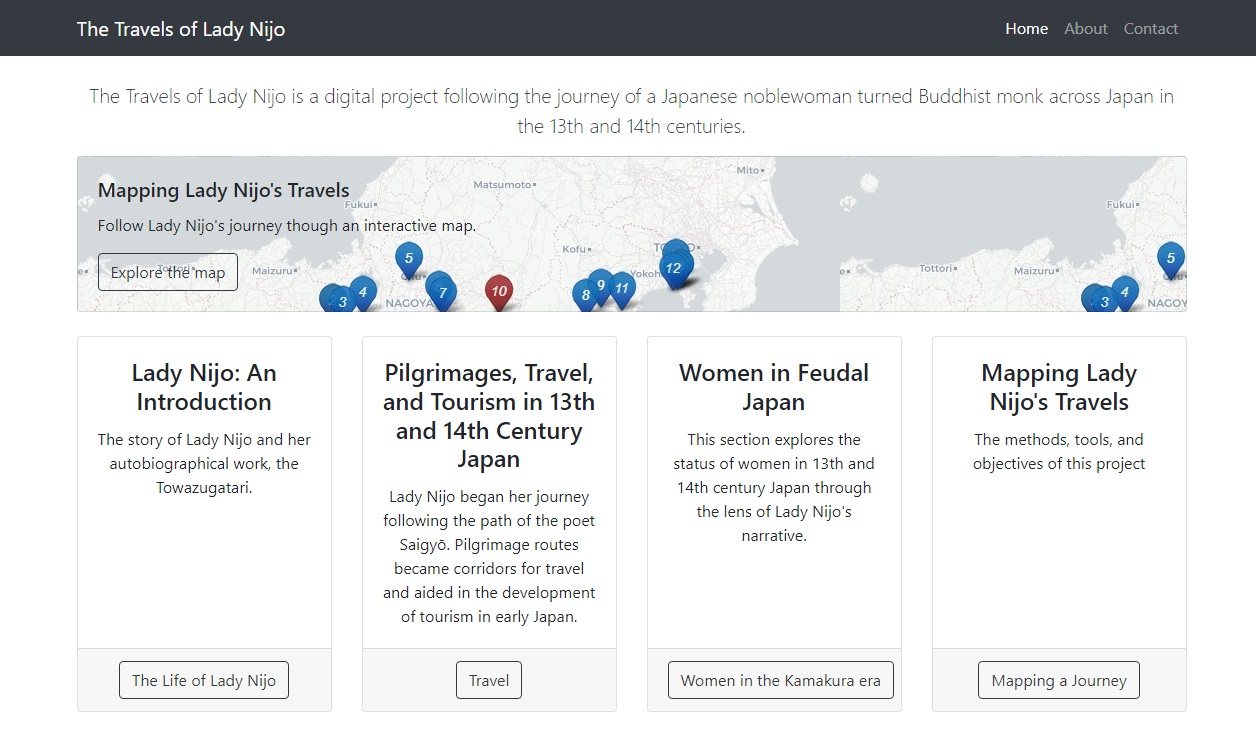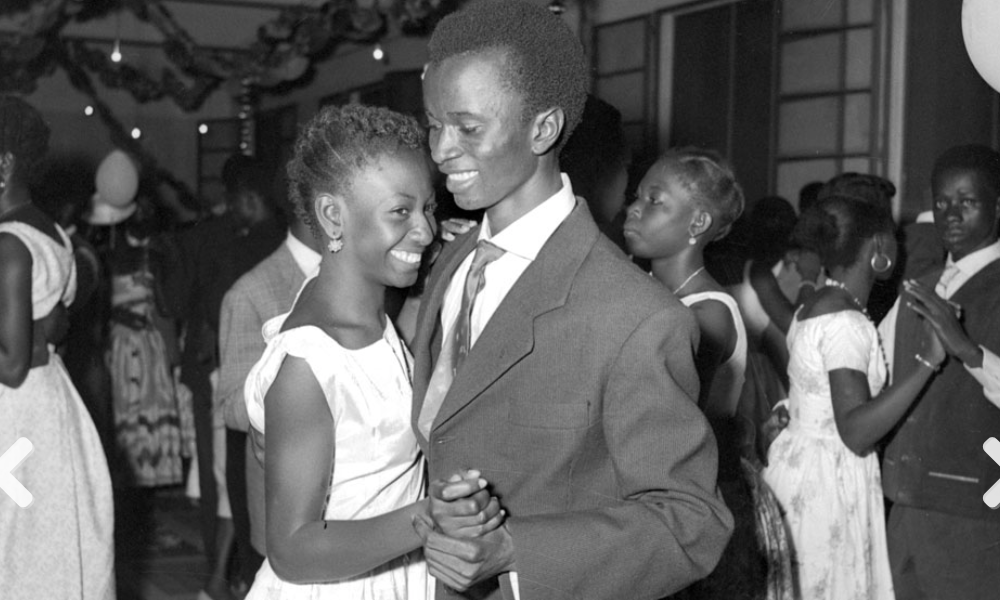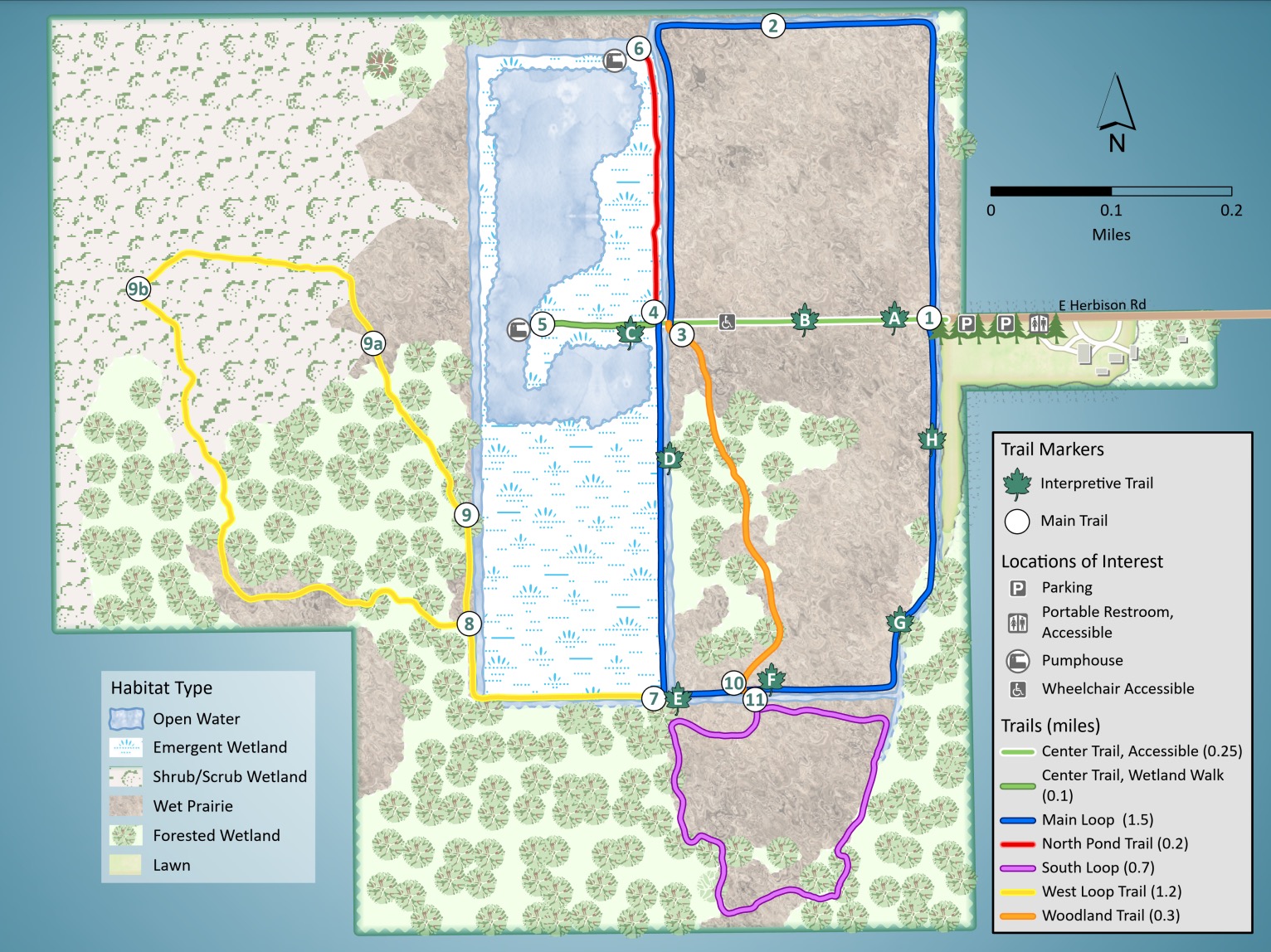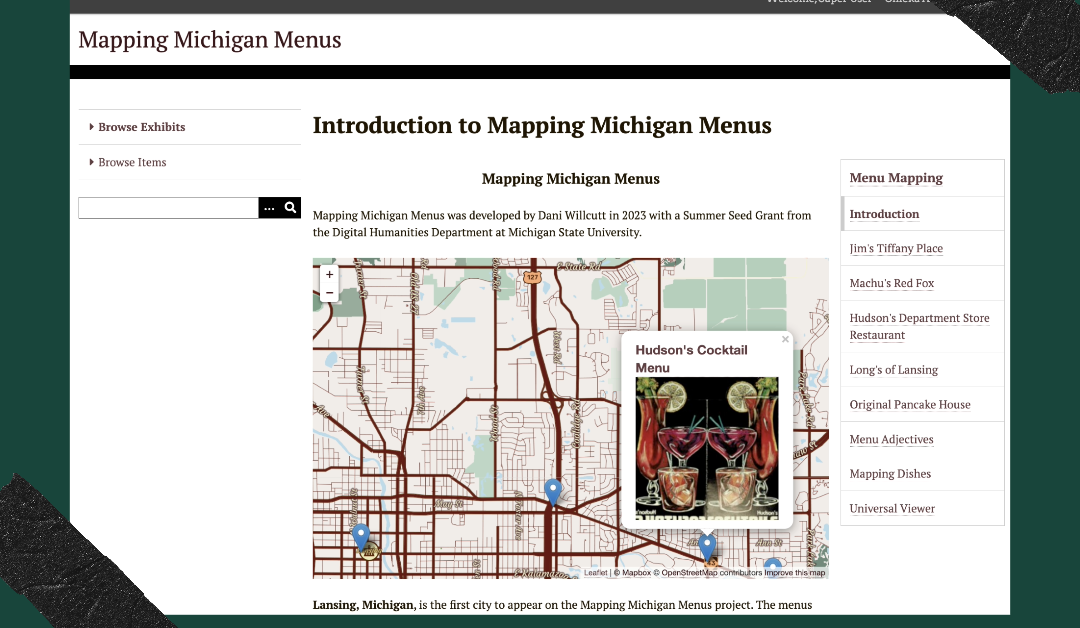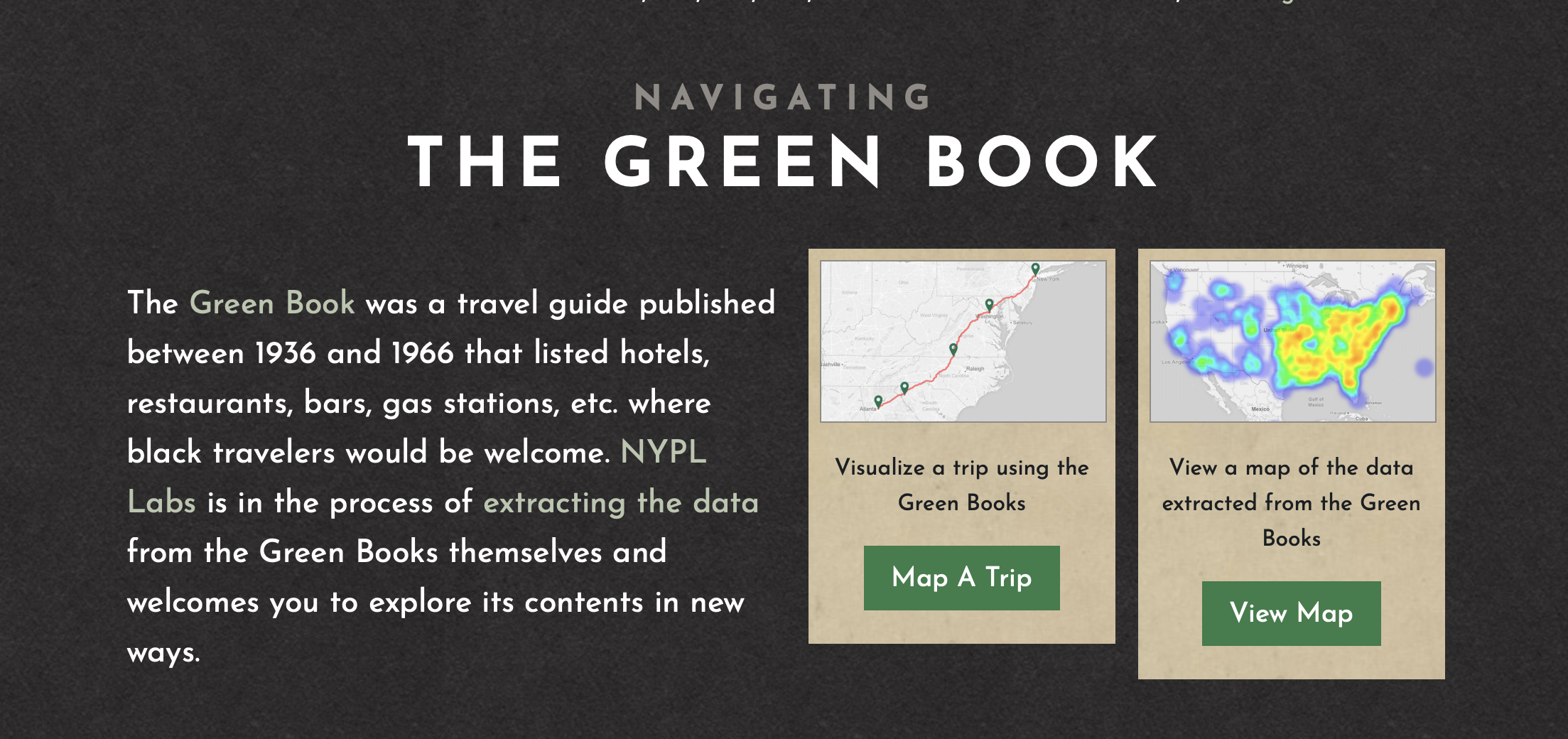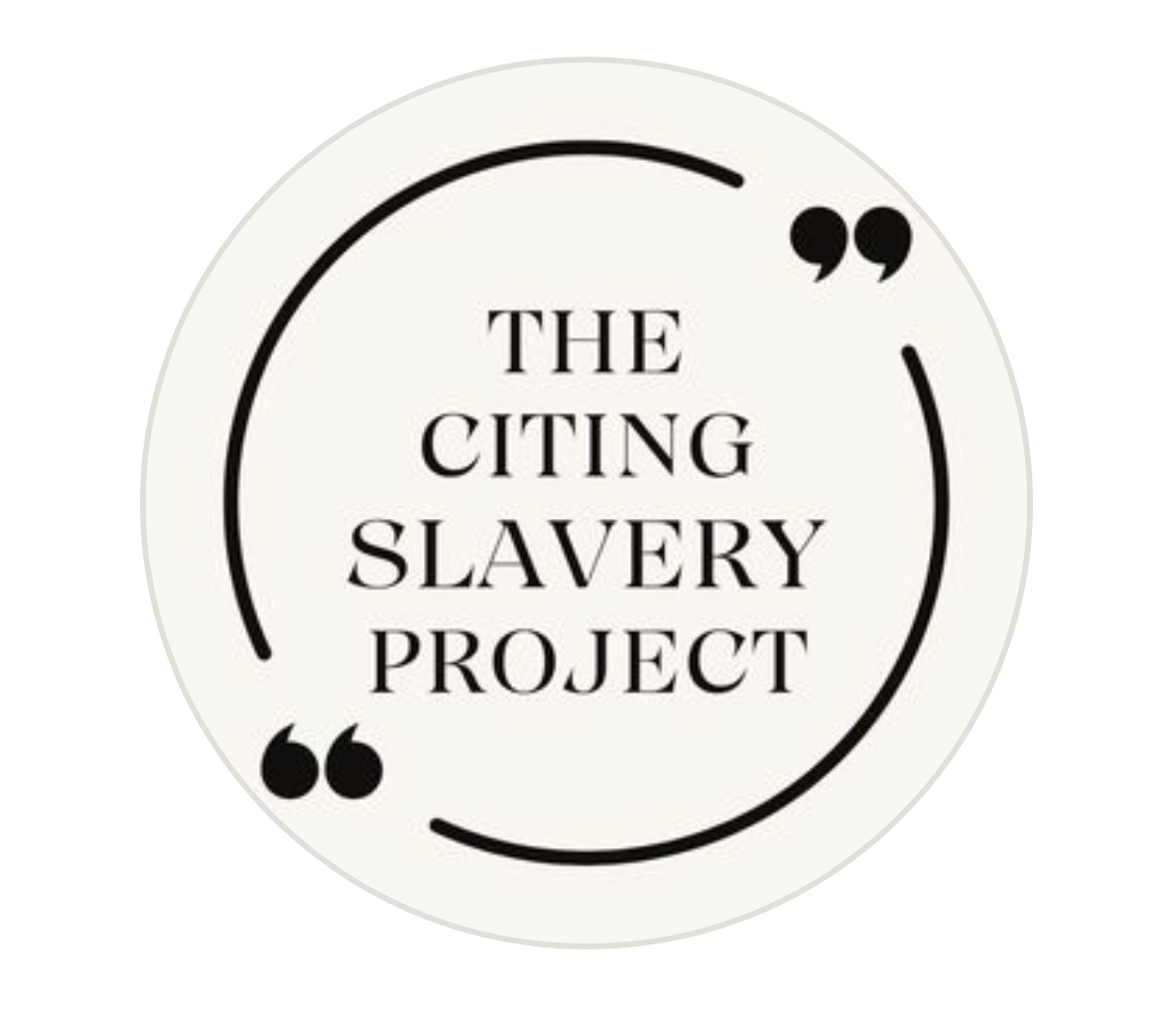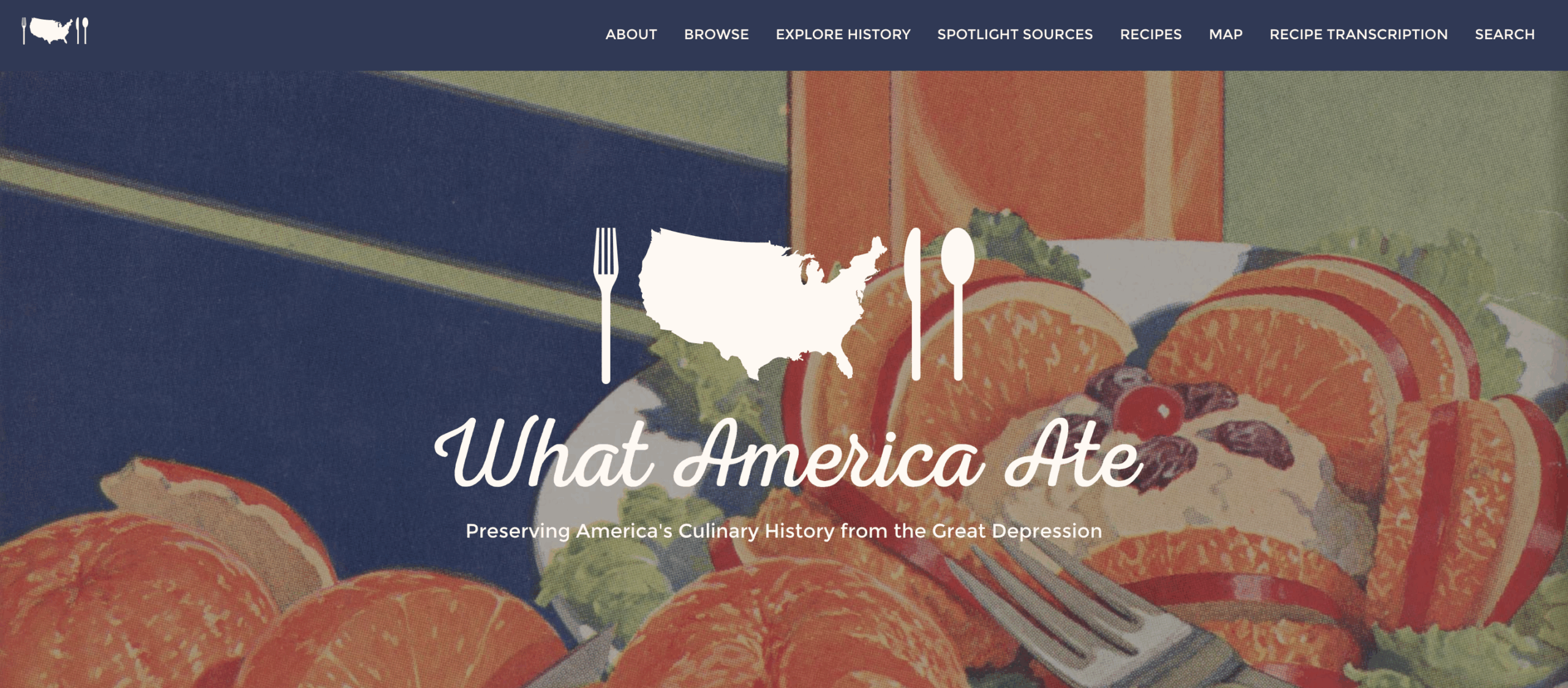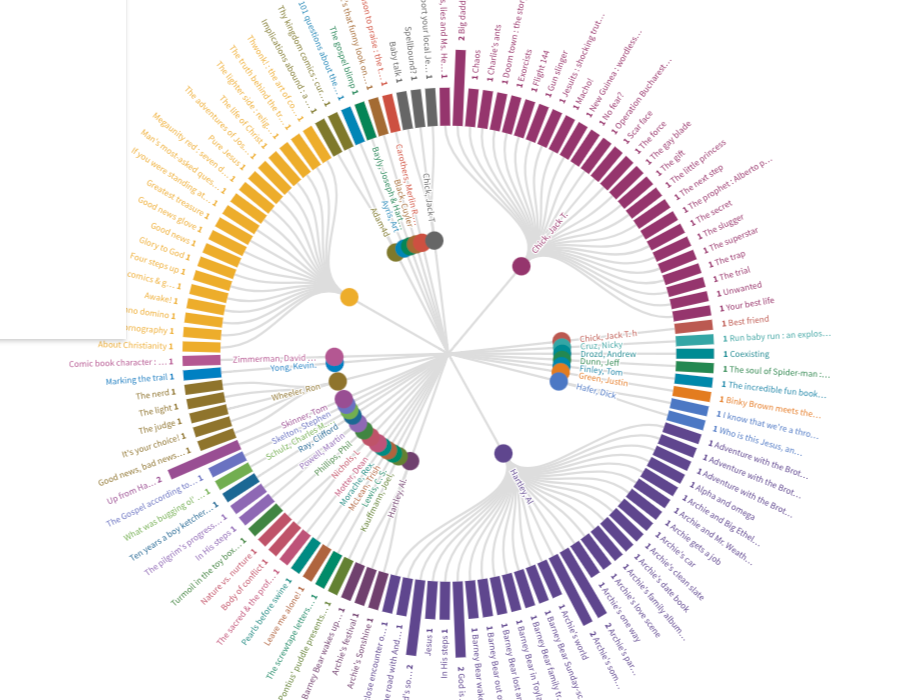-
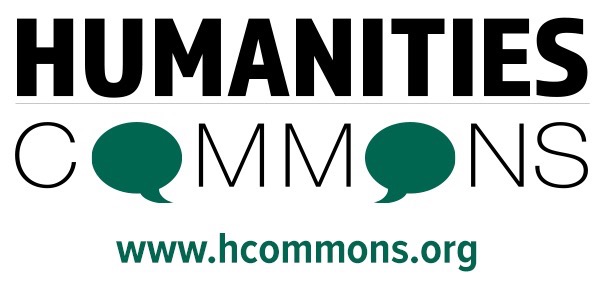
Project Highlight: Humanities Commons
Humanities Commons is an open, not-for-profit social and professional network and knowledge exchange environment for scholars, researchers, and practitioners across the humanities and around the world.
-
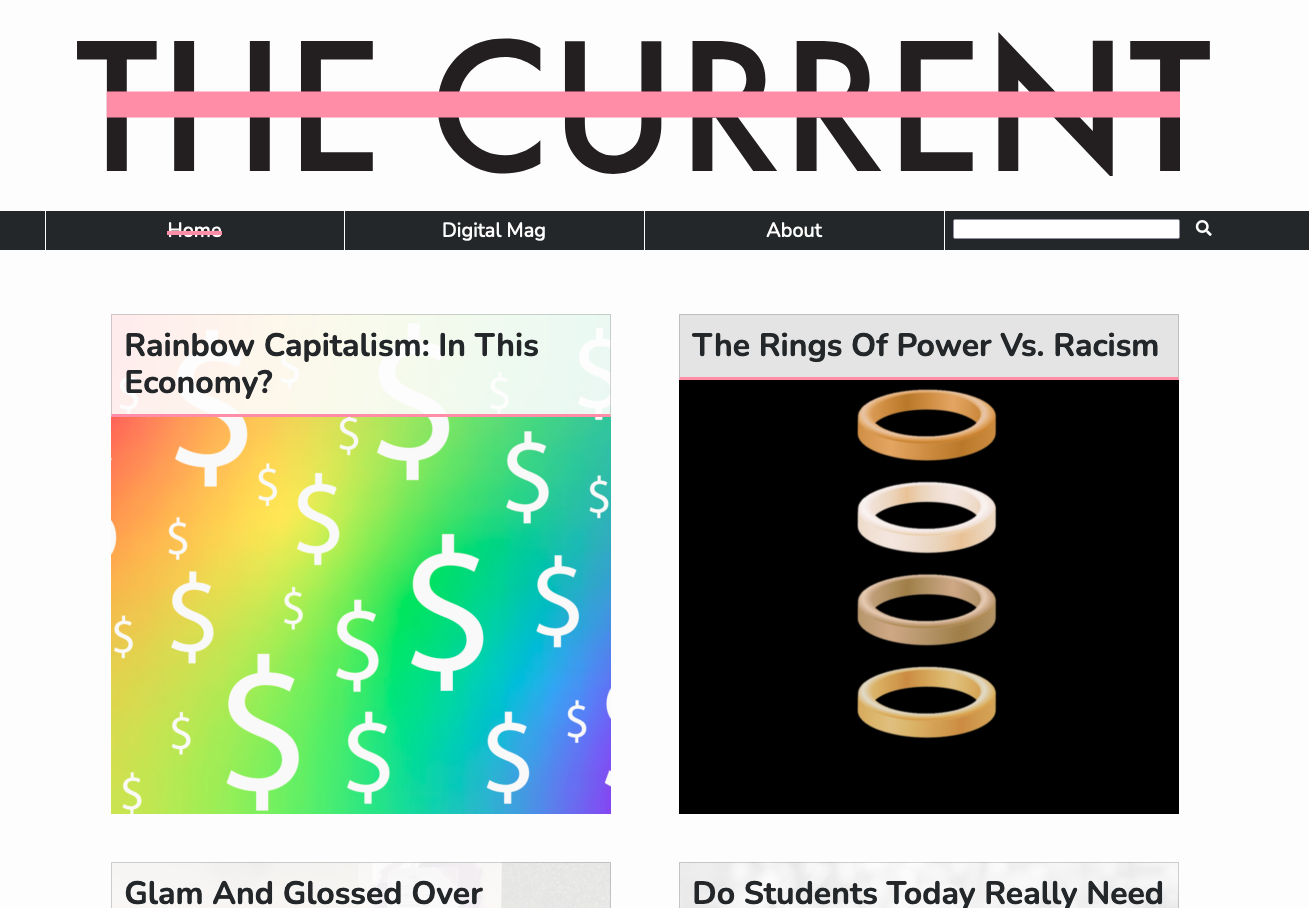
Project Highlight: The Current
The Current is a unique publication that allows students to participate in every aspect of creating a printed magazine, from writing to editing and design.
